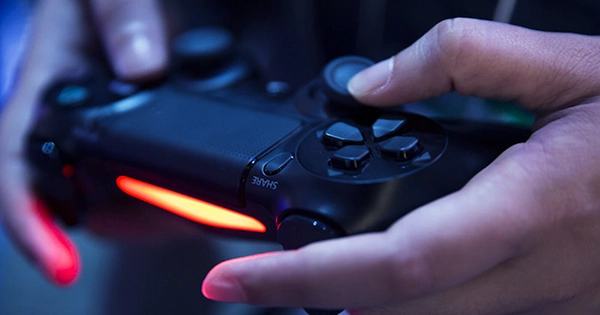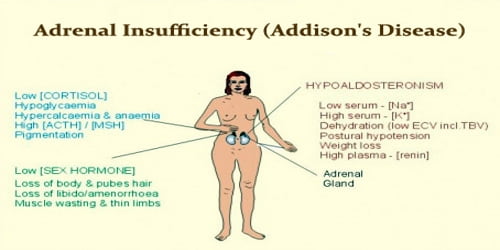Let’s face it: historically speaking, female video game characters have not been very progressive. It may be claimed that women haven’t gotten a fair go when it comes to portrayal in video games, whether it’s the iconic Tomb Raider model with what seems to be a mantelpiece on her chest or the standard-issue chainmail bikinis of MMOs like World of Warcraft or Everquest. If you agree with this concept, you might be curious as to what impact it has. Could the abundance of female bodies that have been sexualized be a problem? Could it increase sexism in society? Could it make women and girls feel less positive about their bodies? Could it cause fanboys to forget that, in reality, women are mammals?
The good news is that playing video games does not result in these undesirable effects, according to a recent study that was published in the journal Computers in Human Behavior: There is a lot of hyperbole and moral outrage, but there isn’t much proof that playing video games is hurting either male or female gamers, according to study author Christopher J. Ferguson. The study mentions at least 18 previous articles that have made an attempt to address the subject, so it is not the first one to investigate the impact of video games on how we regard women. Of those, 10 assessed outcomes including depression, body image, or anxiety, while 15 examined the relationship between gaming and sexist or misogynistic views toward women.
The advantage of this study is that it is a meta-analysis rather than a direct investigation, which combines together all the findings and limitations of the preceding 18 studies to arrive at a single overall finding. For a number of reasons, it’s a more effective tool than individual studies. For one thing, it lessens the impact of “personal moral opinions,” which, according to Ferguson, “[some] scholars probably interjected […] into the studies, if unintentionally.” Additionally, it allowed the researchers to take into account the varying rigor of the studies.
Ferguson told PsyPost that the main caution is that many of the research “just aren’t very good.” The good news is that better quality studies were less likely than lower quality research to discover evidence of adverse impacts […] although the study field is still rather tiny, the early results have been so disappointing that I’m not convinced there’s anything to be learned from them. Therefore, the overall result is a little disappointing. Similar to the fuss about video games promoting violence, there is no statistically significant connection between playing video games and having sexist views or poor mental health.
The “paint-by-numbers” approach to the video game argument is mostly being used to explain the “moral panic” over sexualization in video games, according to Ferguson. However, this “doesn’t appear to be much of a problem at all as a simply ‘public health’ issue” Naturally, some of you may be thinking, “Well, that doesn’t make it ok!” and the researchers aren’t arguing that it does.
Instead, they are only advising that you understand the nature of the issue you are trying to resolve. Ferguson told PsyPost that “at least with fictional media, the data frequently suggests that we’re probably scapegoating media because fiction seldom creates societal issues games.” To be fair once again, promoting more female characters in video games can be a worthwhile goal even if they don’t have negative side effects. I hope proponents don’t mislead the evidence in their efforts, but I do support their efforts.
















